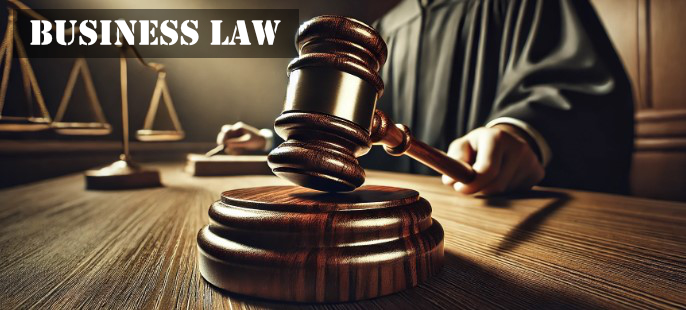Understanding the Burden of Proof in Business Law
The term “burden of proof” is fundamental in the realm of legal proceedings, particularly within business law. It refers to the obligation of a party in a legal case to prove allegations made against another party. This concept is pivotal as it determines which party is responsible for presenting evidence and how convincing that evidence must be to prevail in legal disputes.
Defining the Burden of Proof
In its essence, the burden of proof involves two key components: the burden of production and the burden of persuasion. The burden of production requires a party to introduce sufficient evidence to have a matter considered by the fact-finder, typically a judge or jury. The burden of persuasion, on the other hand, requires the party to convince the fact-finder of the truth of the allegations to a certain standard.
In business law, the burden of proof often falls on the plaintiff, the party initiating the lawsuit, whether it involves breach of contract, fraud, or other commercial disputes. The plaintiff must demonstrate that the defendant is liable for the alleged legal violation. However, the burden can shift between parties during the course of litigation, depending on the claims and defenses presented.
Standards of Proof in Business Litigation
The standard of proof dictates the level of certainty required to satisfy the burden of persuasion. Different standards apply depending on the nature of the case. In civil litigation, which encompasses most business law disputes, the standard is typically “preponderance of the evidence.” This means that the plaintiff must show that it is more likely than not that the defendant is liable.
In some cases, particularly those involving allegations of fraud, the standard may be “clear and convincing evidence,” which requires a higher degree of certainty. Although not as stringent as the “beyond a reasonable doubt” standard used in criminal cases, it still demands a strong level of proof from the plaintiff.
Shifting the Burden of Proof
During litigation, the burden of proof can shift based on how the case unfolds. Initially, the plaintiff bears this burden, but if they present sufficient evidence to support their claims, the burden may shift to the defendant. The defendant must then provide evidence to refute the plaintiff’s case or prove a defense.
For instance, in a breach of contract case, once the plaintiff demonstrates that a contract existed and was breached, the burden may shift to the defendant to show that the breach was justified or excused by other factors, such as the plaintiff’s prior breach or a force majeure event.
The Role of Evidence in Meeting the Burden of Proof
In meeting the burden of proof, evidence plays a crucial role. Evidence can be in the form of documents, testimonials, expert opinions, or circumstantial evidence. Business law often involves complex transactions and agreements, making documentary evidence particularly significant. Contracts, emails, invoices, and other business records can be pivotal in proving or disproving claims.
Expert testimony is also common in business law cases, especially those involving technical issues or industry-specific standards. Experts can provide insights that help establish facts that are beyond the common knowledge of judges and juries.
Strategies for Managing the Burden of Proof
For businesses involved in litigation, understanding and strategically managing the burden of proof is essential. Businesses should ensure meticulous record-keeping and documentation of transactions and communications. This practice not only aids in compliance but also provides crucial evidence if a dispute arises.
Moreover, businesses should work closely with legal counsel to develop a strong litigation strategy. This includes identifying potential witnesses, gathering necessary documents, and preparing expert testimonies if needed. Being proactive in building a case can significantly impact the outcome of litigation.
Conclusion
The burden of proof is a cornerstone of business law litigation, shaping the dynamics of legal disputes and influencing outcomes. Understanding who bears this burden, the standards required, and how evidence can be effectively utilized are all critical components for businesses navigating legal challenges. By strategically managing these elements, businesses can bolster their positions in legal proceedings and work towards favorable resolutions.

